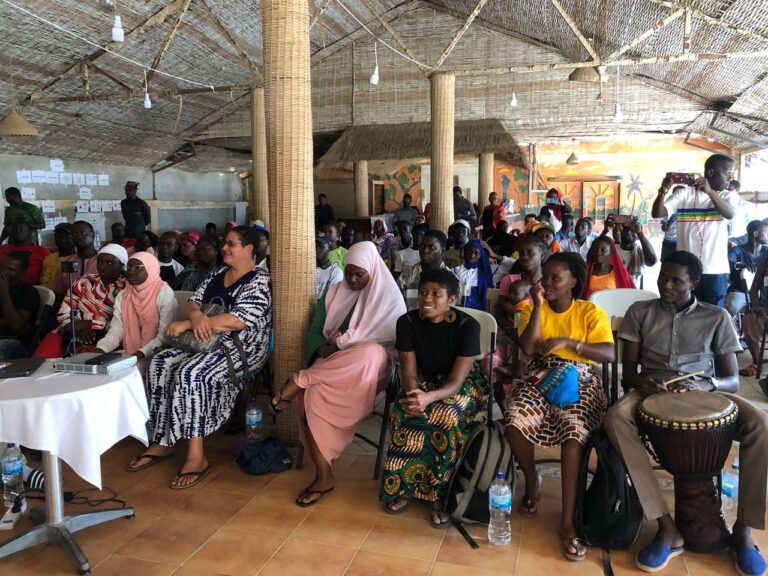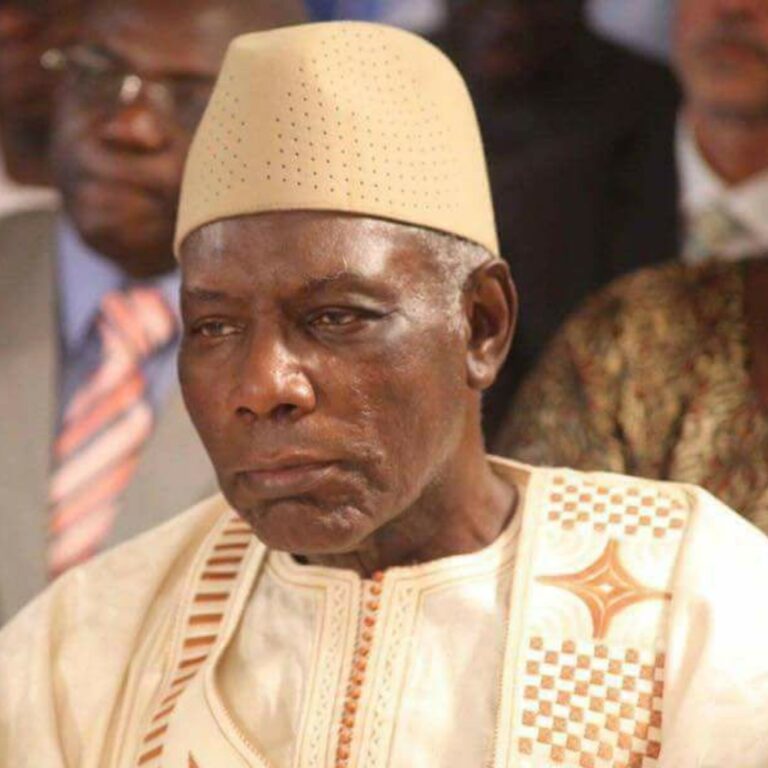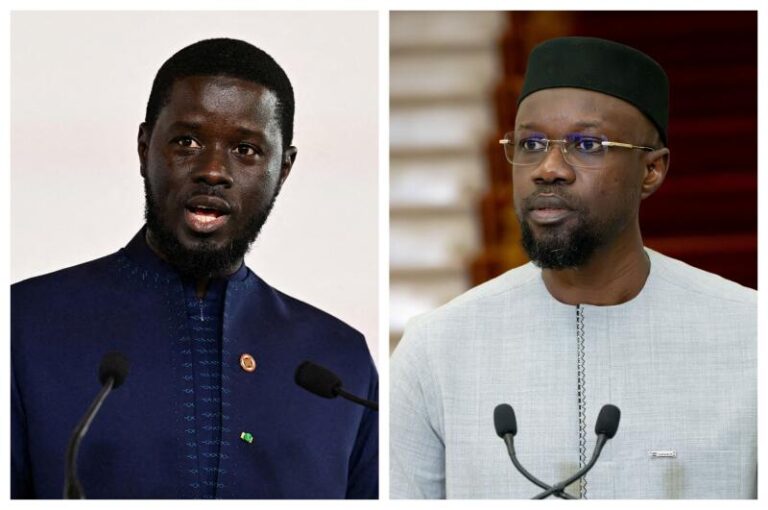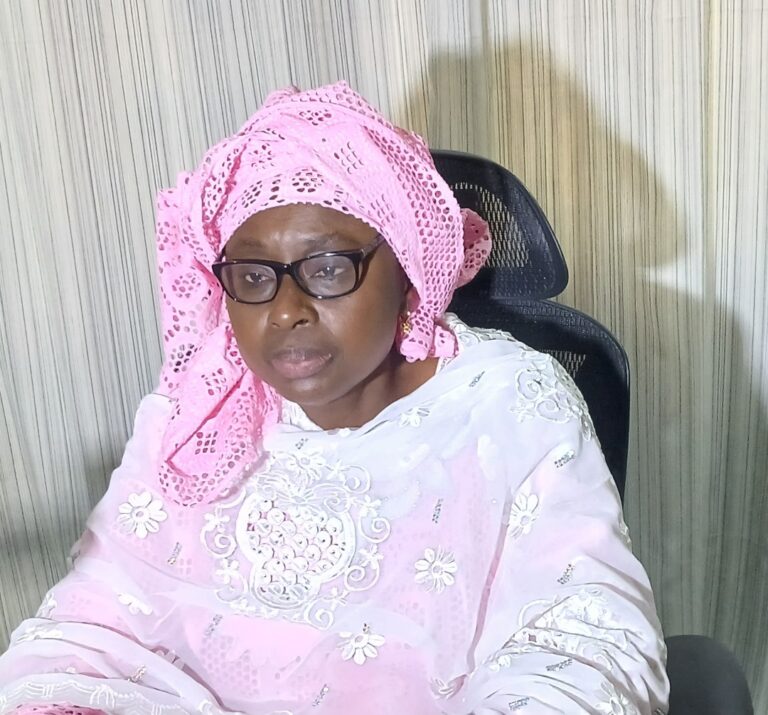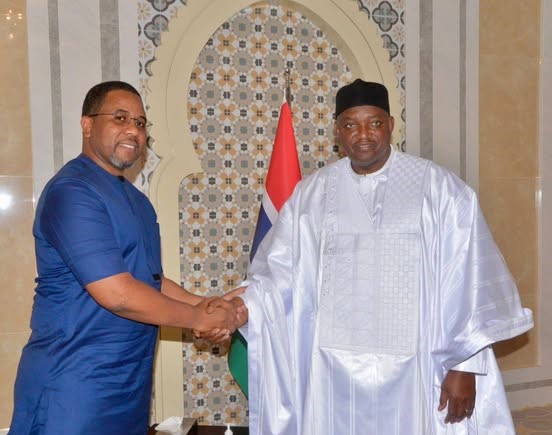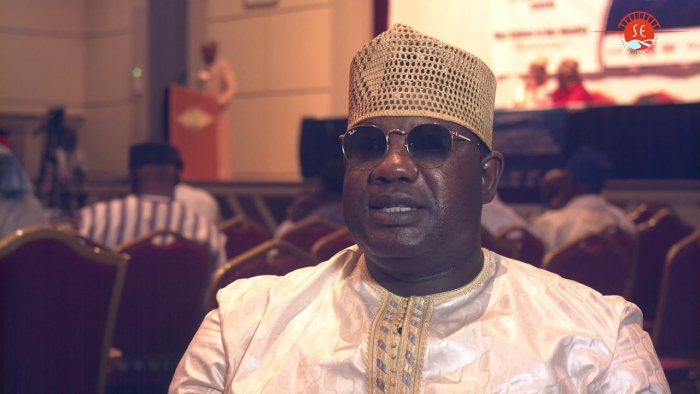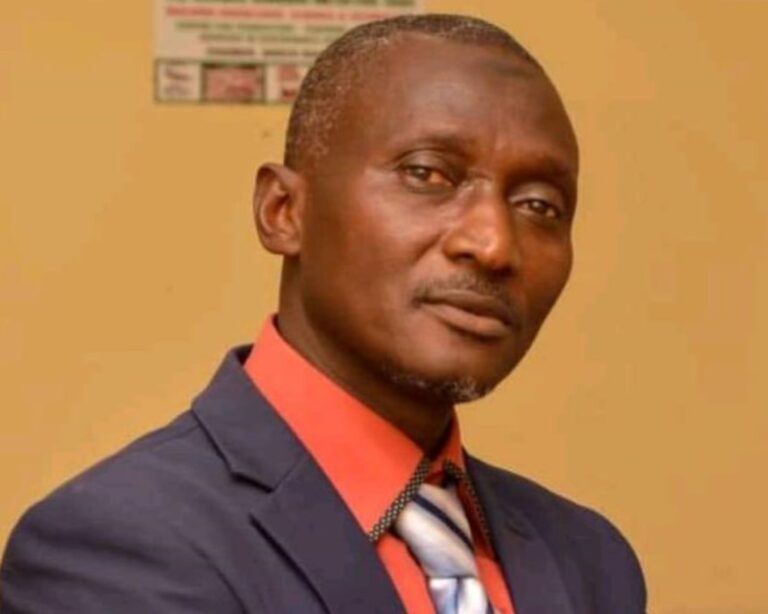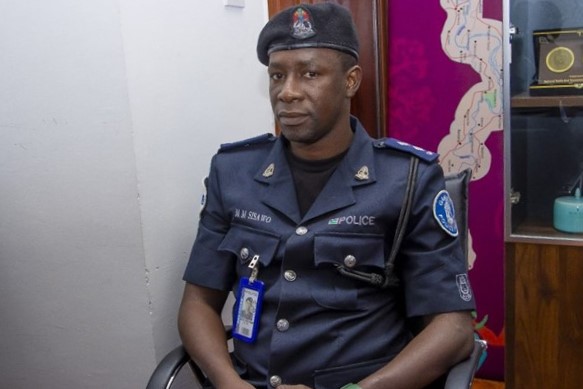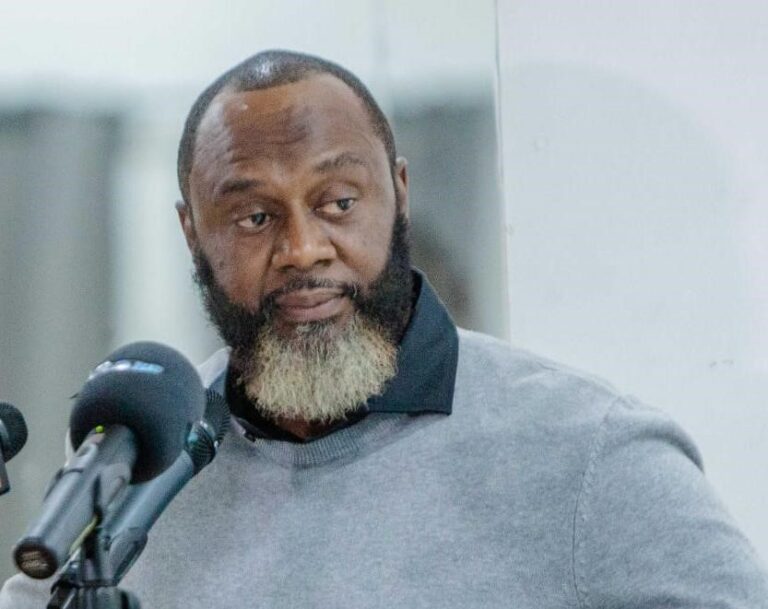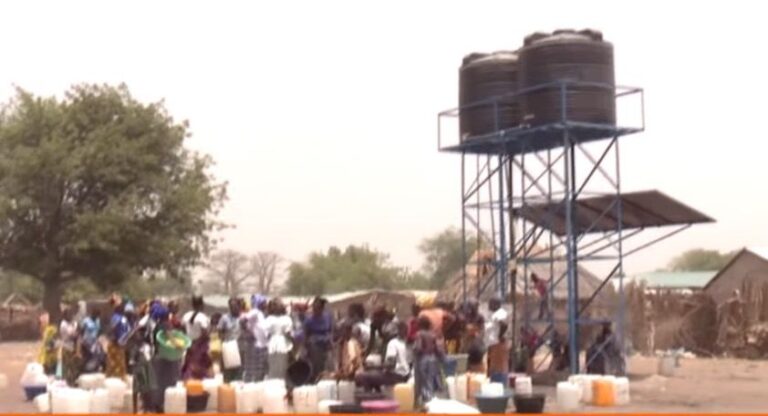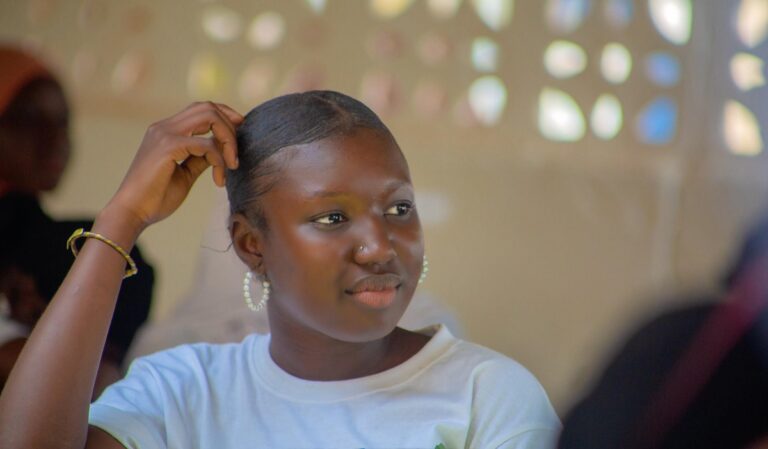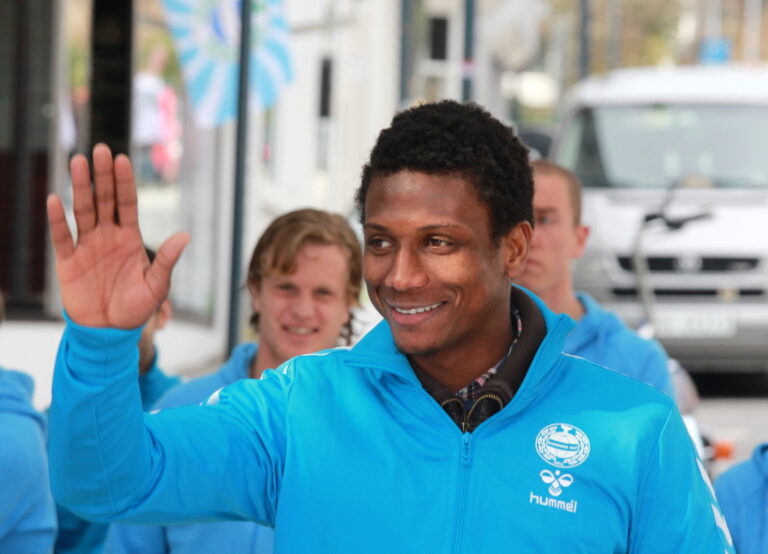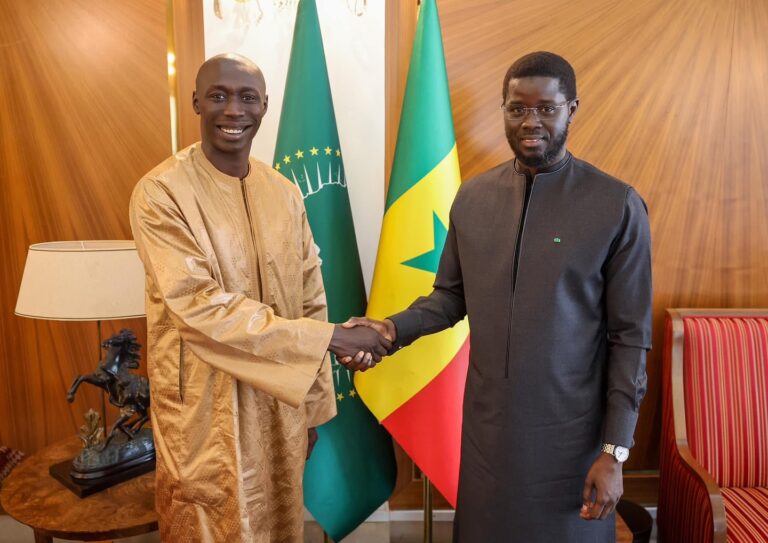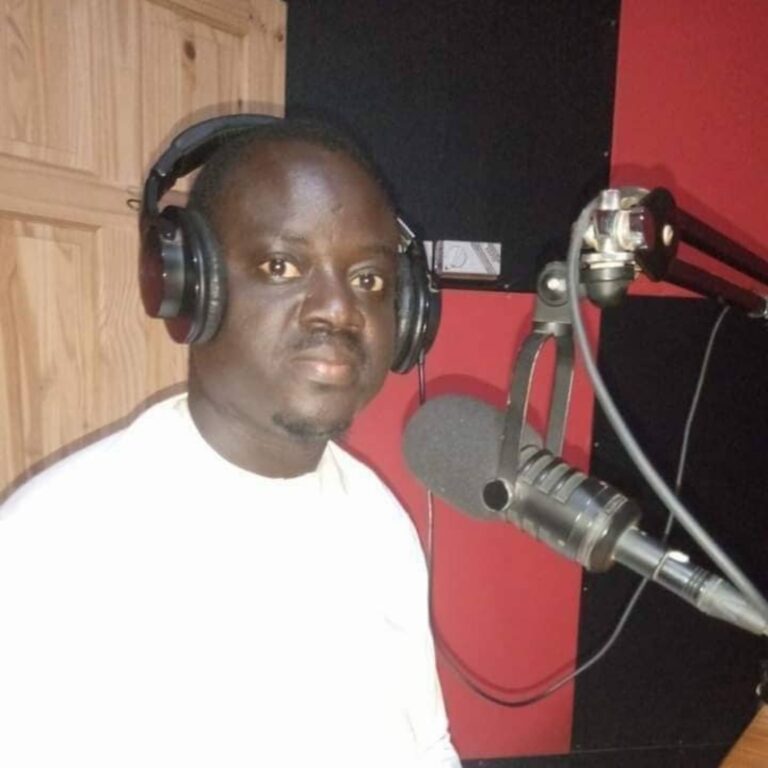By Dawda Baldeh
The Oasis Network, a movement focused on translating the Bible into sign language, has completed a two-week intensive Bible translation programme for individuals with hearing impairments.
This training, which brought together both Muslim and Christian deaf participants, offered a unique chance to learn the Bible in their sign language and enhance their sign language communication abilities.
During the event, Karamakho Danfokho, a sign language expert from the United States, stated that the deaf community in The Gambia lacks access to God’s words.
“This training will assist them in grasping the meaning of God’s words in the Bible.
“They can read it in English, but that is not their primary language.
“It is a challenge for us to figure out how best to provide them with resources that can aid their understanding of God’s words,” he said.
He further noted that if deaf individuals comprehend the profound meaning of the Bible in their sign language, it will be beneficial for them.
He expressed enthusiasm for the programme’s completion, despite the obstacles they faced.
He emphasized that understanding the Bible’s message is a crucial step towards worshipping God.
He encouraged church leaders to facilitate sign language translation during services to ensure that deaf individuals are included.
He mentioned that they discovered a strong connection between Gambian sign language and Dutch sign language.
For him, this posed a challenge that they were prepared for to ensure effective communication of the message using American Sign Language.
“We brought a Dutch Sign Language expert with us and conducted the entire training in Gambian sign language.
Emmanuel Mendy, a sign language instructor from Senegal, described the training as highly significant as it unites both Muslims and Christians.
“I am thrilled to witness the collaboration between the Muslim and Christian communities on this initiative,” he remarked.
Mr. Mendy added that the training is open to all, emphasizing that both Muslims and Christians need to comprehend the Bible.
He also encouraged participants to share the knowledge they acquired with others.
Ndey Ceesay, a participant, expressed her deep gratitude for the opportunity, stating that it was her first experience engaging with the Bible.
“Now I understand the Bible. Previously, I had no knowledge of it.
“Many people would say I’m a Muslim, so I shouldn’t read the Bible, which is incorrect.
“Now I will assist others in understanding the Bible.
Meanwhile, Efi Tembou, an executive member of OSI Network, characterized the training as timely and effective, as it has positively impacted many who previously lacked access to understanding the Bible in their sign language.
“We urge pastors to help translate the Bible message into sign language,” he stated, noting that the deaf community is frequently overlooked.
“There is a wealth of richness within the deaf community. We spent meaningful time together during the training,” he remarked, adding that there is significant strength in the deaf community, regardless of their religious affiliations.
“They support one another because they share similar challenges.
“We have observed this in the deaf community, as the Bible message conveys God’s love,” he explained.
He described Gambian sign language as unique, stating that efforts are underway to ensure a unified sign language is adopted.
“The deaf individuals deserve love, respect, support, and equal opportunities like anyone else.
He also announced plans to offer business training opportunities for the deaf, mentioning that trainers are coming from the United States.

